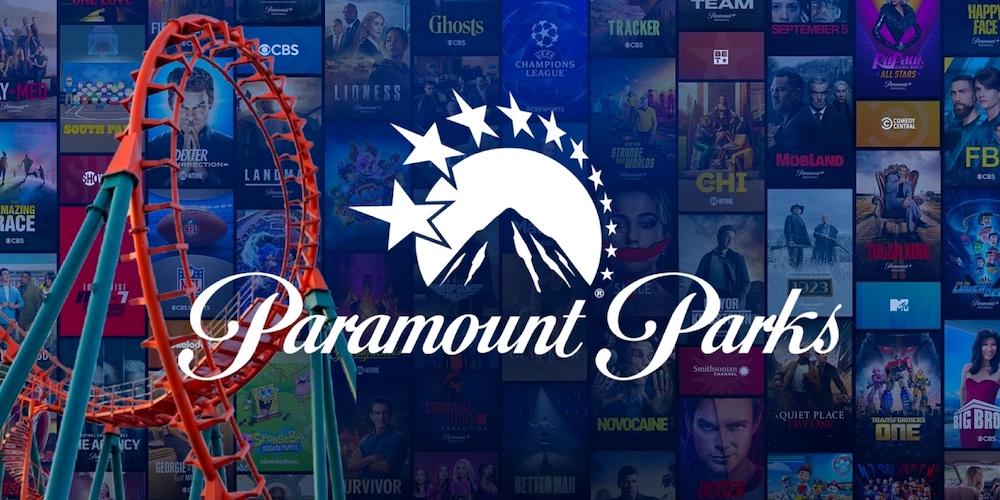Could Paramount Parks Return Following Skydance Merger?
Skydance and Paramount are now officially one family, with David Ellison (and his dad’s wallet) swooping in to rescue the once-mighty but cash-strapped studio. And they didn’t waste time making a splash. Practically the moment the ink was dry, the Ellisons dropped $7.7 billion on UFC rights—snatching them away from ESPN. That’s a pretty steep bill compared to the old contract, but ESPN wasn’t fighting to keep them this time around, thanks to shifting streaming priorities. For Ellison, though, the move wasn’t about bargains. It was about planting a flag: Skydance and Paramount are ready to spend, even if it slows down Paramount+’s road to profitability. In other words, game on.
So what’s next? If you look around the entertainment landscape, Comcast has shown just how valuable theme parks can be to a company’s overall strategy. They might not have Disney’s scale, but Universal has gone all-in with Epic Universe, Horrors Unleashed, and even brand-new parks in Texas and the UK. There are even whispers that Universal wants to set sail with its own cruise line. Clearly, they see experiences—not just screens—as the future.
Which brings us back to Ellison. Yes, the chatter has mostly been about whether he’ll scoop up Warner Bros. or another studio. But what if he takes inspiration from Universal and dives into the theme park game? After all, Paramount has been down this road before. Back in 1993, they bought five KECO parks and rebranded them as Paramount Parks, bringing names like Top Gun and Star Trek into the regional amusement park world. They held onto those parks until 2006, when they sold them off to Cedar Fair. Around the same time, Time Warner had its own theme park fling, holding a majority stake in Six Flags during the ‘90s. Both companies walked away… and interestingly enough, Cedar Fair and Six Flags are now merging into one mega-operator. Could Ellison’s next big move be scooping up the new Six Flags chain?
Now, let’s be real. Six Flags is all about amusement parks—the coasters, the thrills, the quick hits of adrenaline. They’re not theme parks in the Disney or Universal sense. A “Top Gun" coaster might slap the name on the sign and maybe throw some decals on the queue, but it wasn’t going to beam you onto the deck of an aircraft carrier. The difference matters, because today’s gold standard is all about immersive storytelling—living the franchise, not just riding alongside it. That takes big money, and lots of it.
The interesting part? Paramount actually has the kind of IP that could fit perfectly in a modern theme park. Star Trek practically begs for a Galaxy’s Edge-style land. Mission: Impossible is a thrill ride franchise waiting to happen. And Nickelodeon has an evergreen stable of characters ready to slime their way into attractions. With Six Flags’ market cap under $3 billion, buying the whole chain wouldn’t even cost half of what the Ellisons just spent on UFC. The question is: would they follow through with the massive investment needed to truly level up?
The entertainment world is in flux right now, and surprises are the norm. But if the Ellisons are serious about making Skydance + Paramount more than just another studio, don’t be shocked if the Paramount Parks dream rises from the ashes. This time, maybe with the firepower to finally stick.
An audio version of this essay can be heard in the latest episode of the Laughing Place “On Balance" Podcast!



